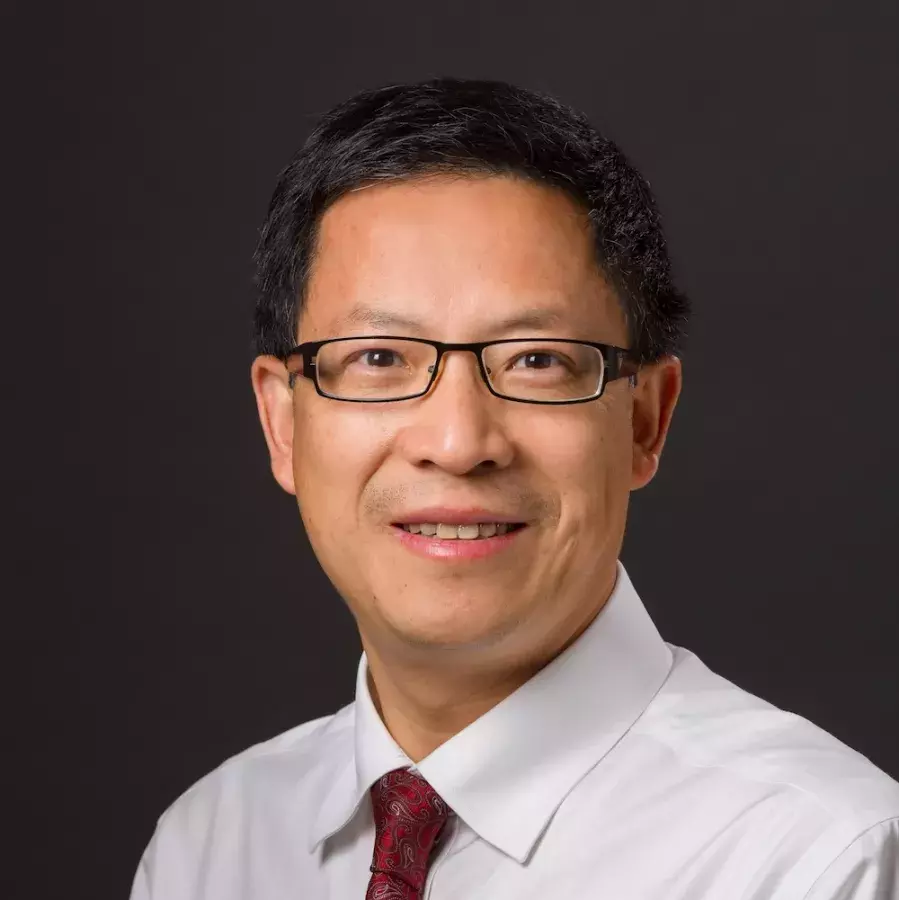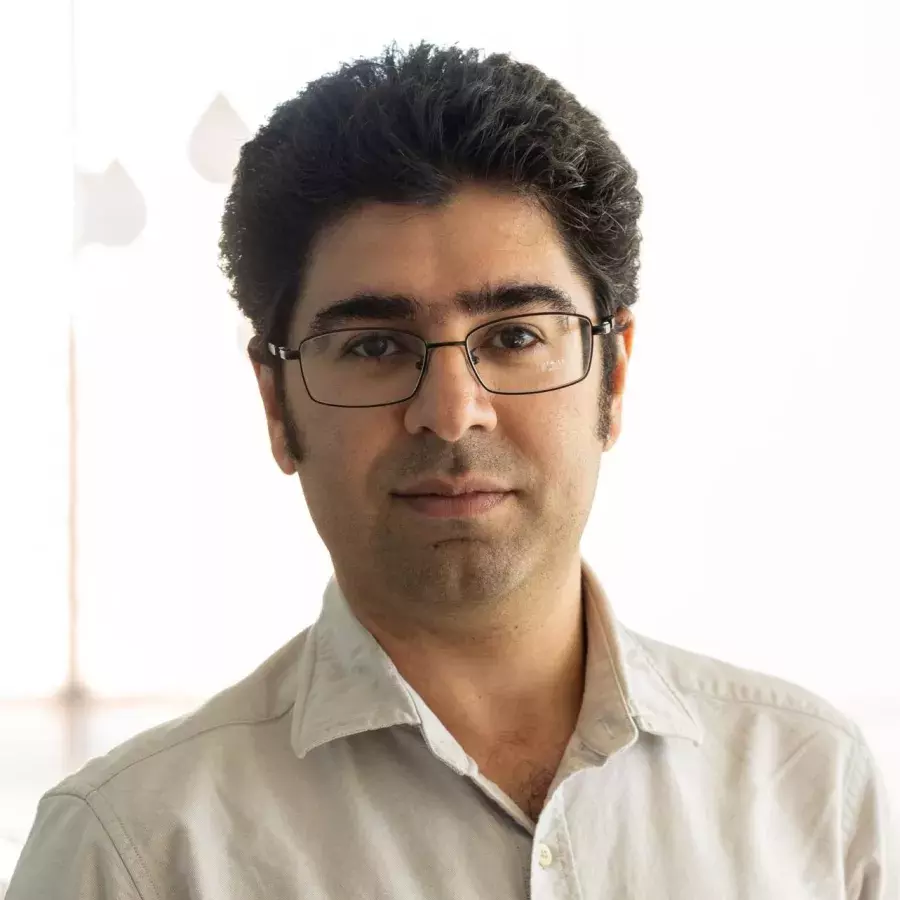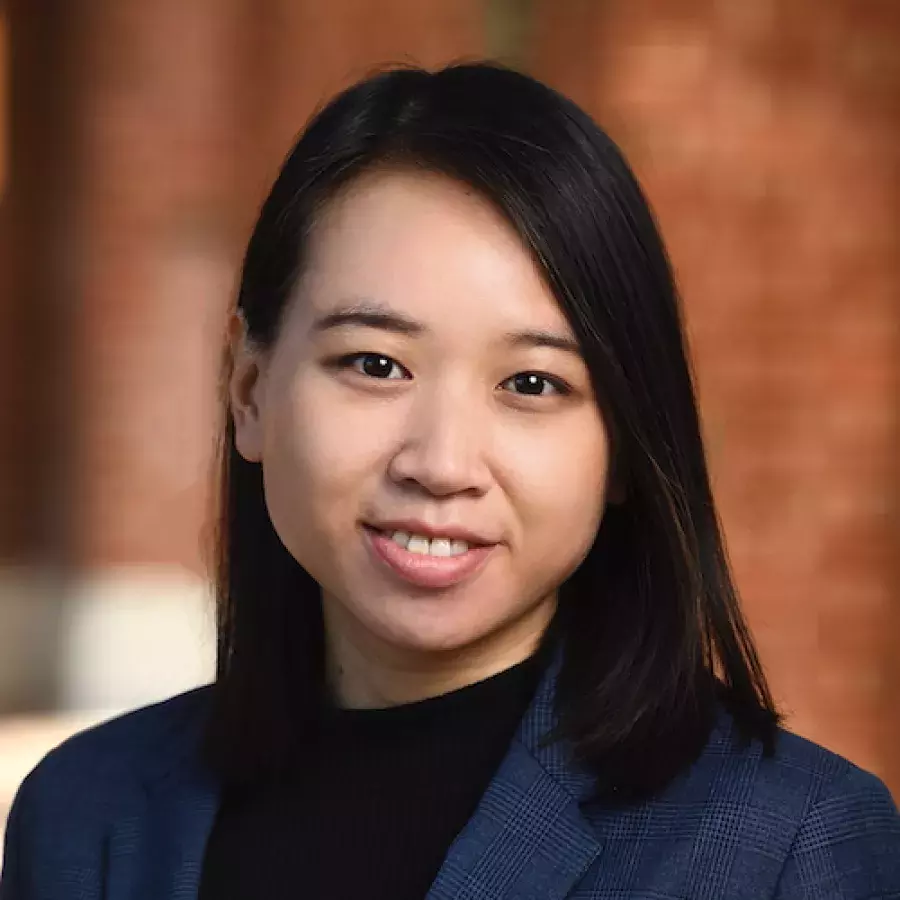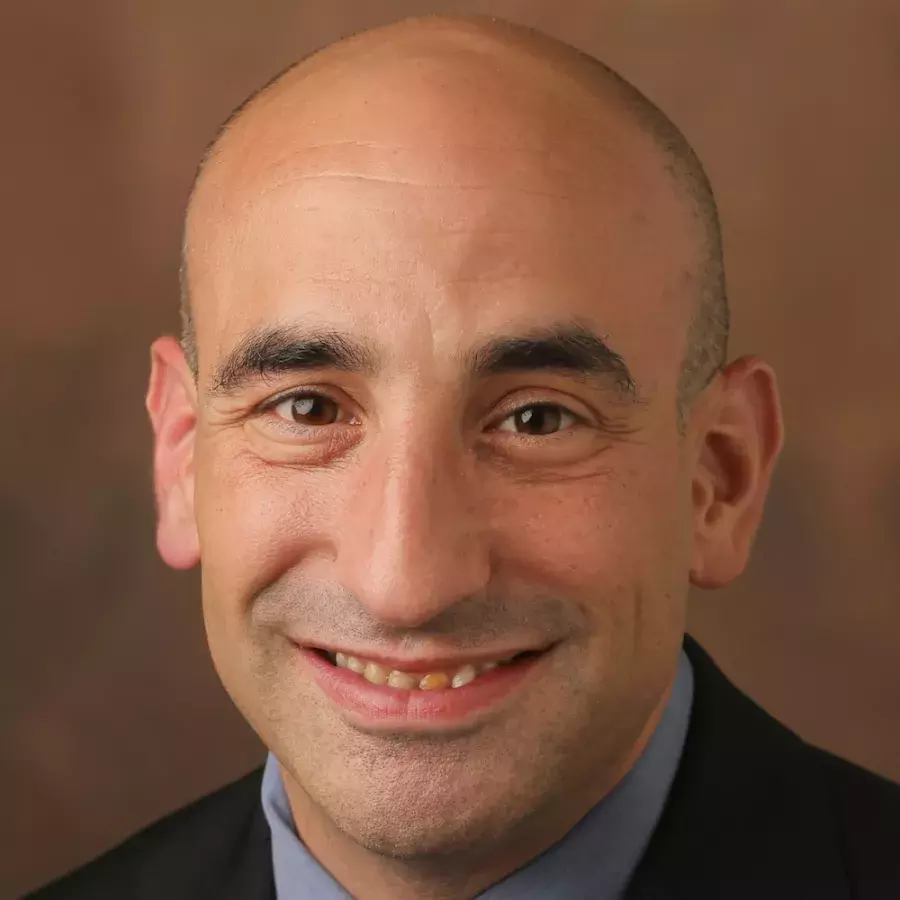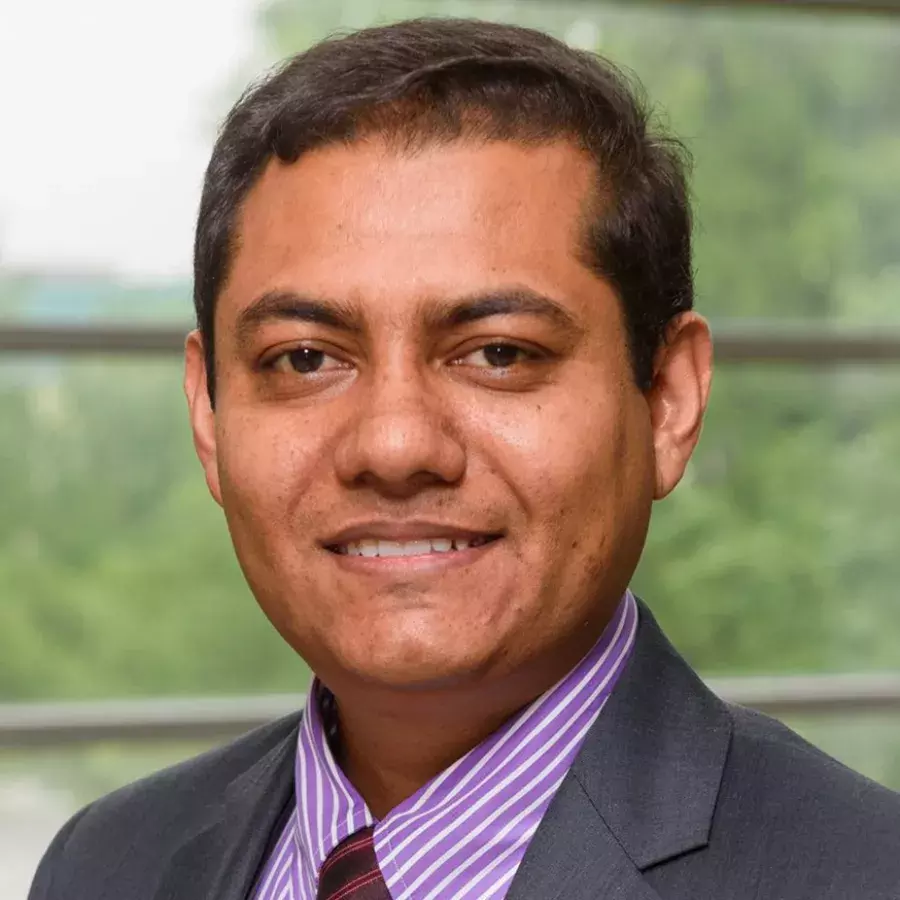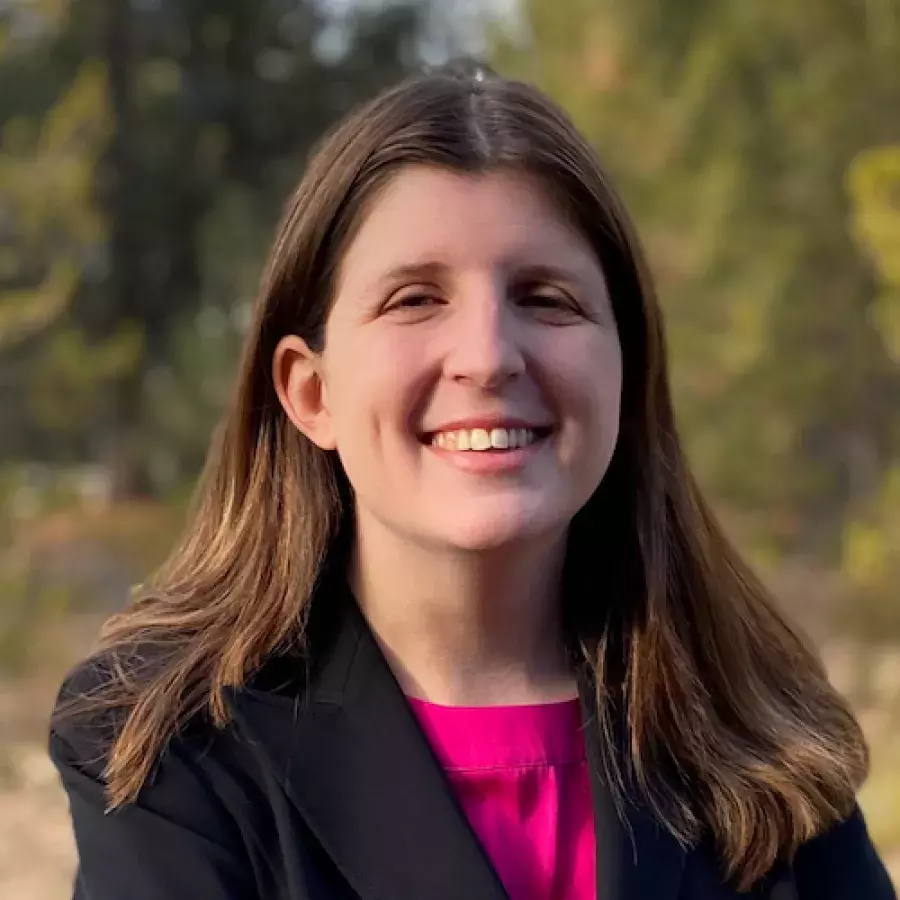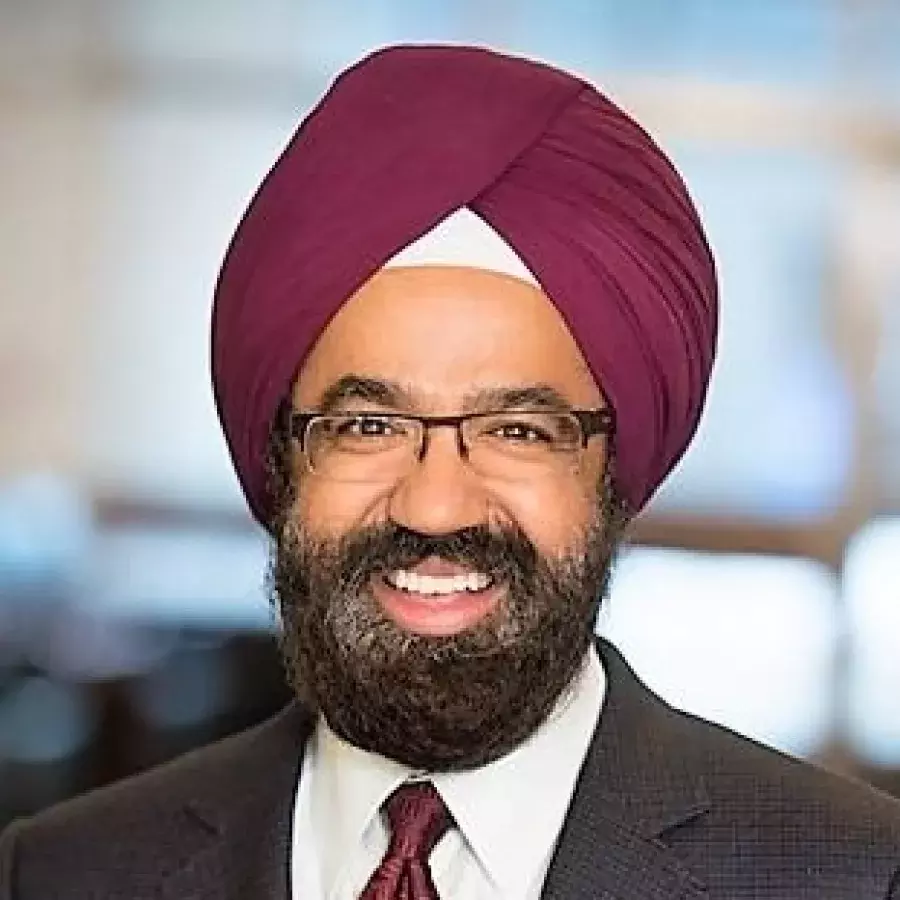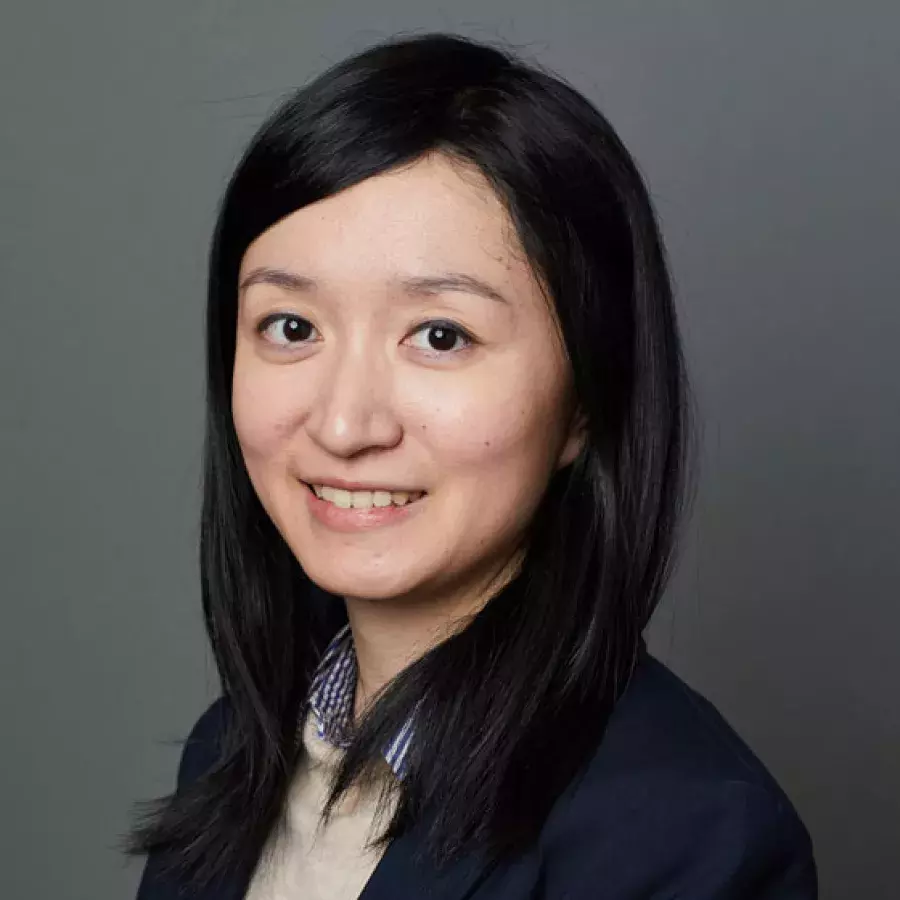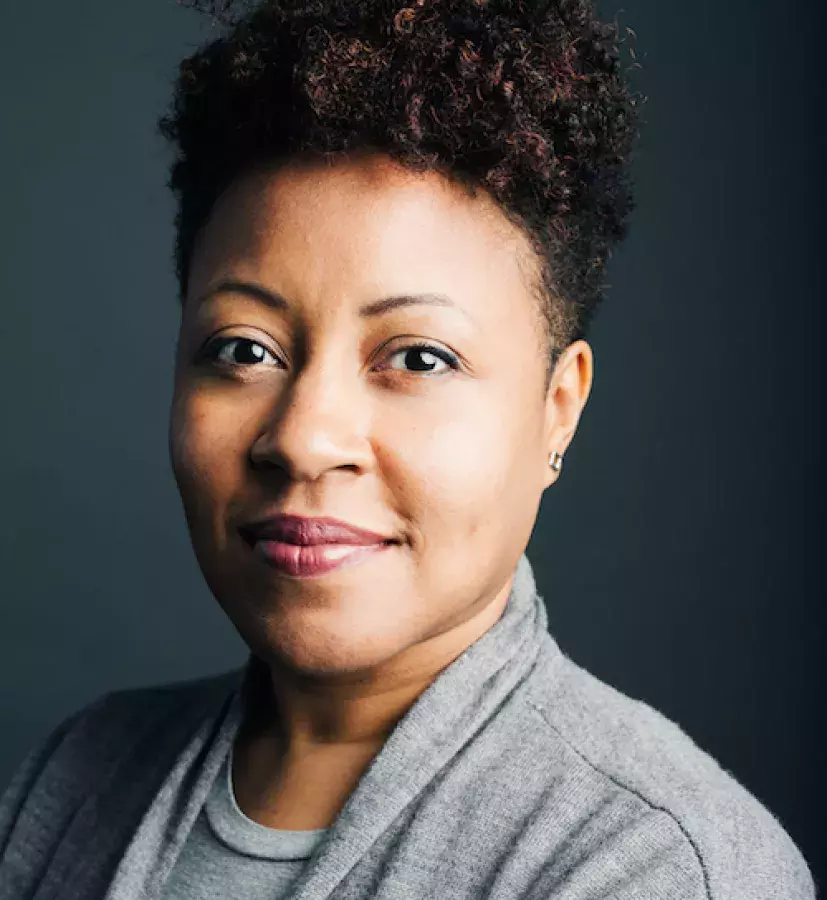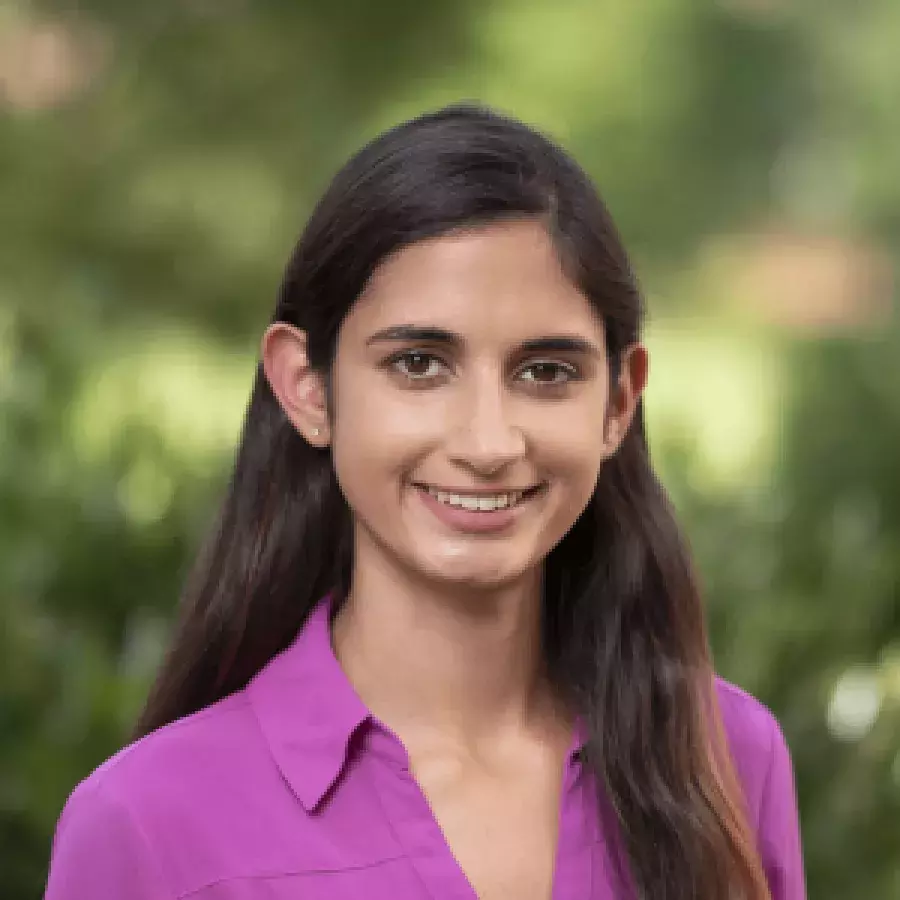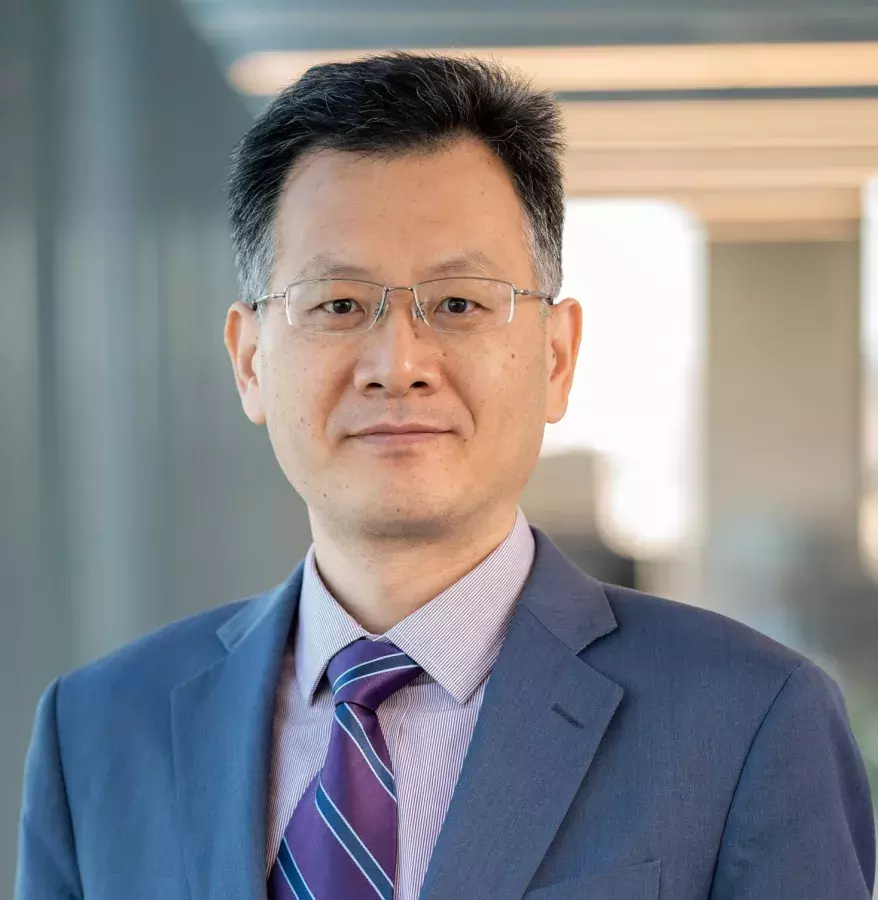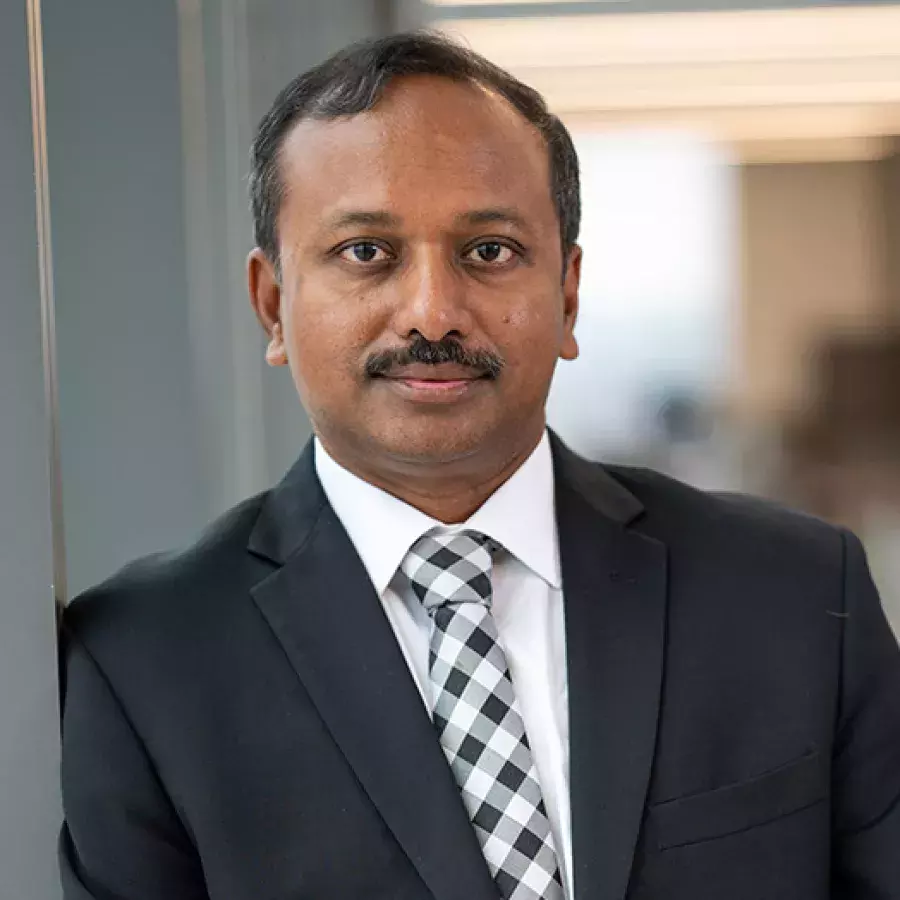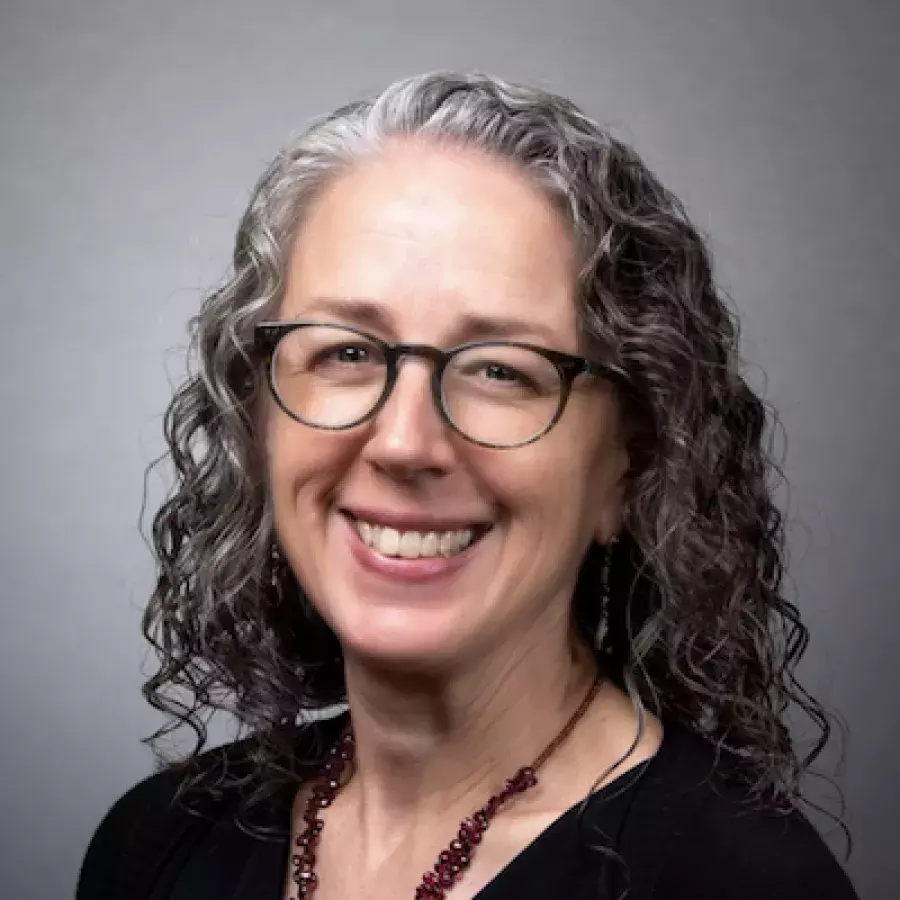Responsible AI for Health Symposium (RAIHS)

Johns Hopkins Responsible AI for Health Symposium (RAIHS)
Thank you to everyone who participated in our inaugural Responsible AI for Health Symposium on August 29, 2024, in Washington, D.C. We had the privilege of hearing from leading experts in responsible AI and health, who shared diverse perspectives and engaged in vibrant discussions on the promises, challenges, and ethical dilemmas of AI in healthcare. We're excited to further develop the connections made during the event. Check back in a few weeks for videos of the speakers and panelists. To stay informed about future events, please email CDHAI@jhu.edu to join our newsletter.
Event summary
Videos of each segment can be found by scrolling to the bottom of this page.
The inaugural Responsible Artificial Intelligence for Health Symposium (RAIHS) occurred on August 29th, 2024, at the Johns Hopkins University campus in Washington, D.C. The symposium was hosted by the Center for Digital Health and Artificial Intelligence(CDHAI) of Johns Hopkins University’s Carey Business School. The event aimed to bring together a diverse group of stakeholders to discuss the future of artificial intelligence (AI) in health care - the opportunities, challenges, and questions that the advancement of AI presents. Speakers hailed from a wide range of disciplines, including academia, medicine, and industry. The symposium was supported by a Nexus Award grant from Johns Hopkins University.
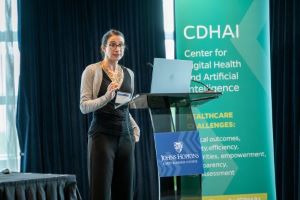
Cynthia Rudin
The day-long event comprised individual lectures, panels, “lightning presentations,” and an interactive group discussion. Each session was followed by Q&A from the audience, during which ideas were shared and debated. The symposium commenced with opening remarks from Dr. Ritu Agarwal and Dr. Gordon Gao, the co-directors of CDHAI. Dr. Agarwal welcomed the attendees and introduced the topic of AI and health equity: “In such an algorithm-driven world, we should be worrying about what the impact [is] of AI on people like you and I.” She further noted that AI is “poised to truly transform health care,” and, thus, it is important for us to think about how we can make AI “safe, secure, trustworthy, and free of bias.” Dr. Gao underscored this point, stating, “It is really critical for us not to just rush to apply AI… but also care about the safe… [and] responsible use of it.”
The individual lectures that followed covered a wide-range of subject matter, including mitigating bias throughout the AI lifecycle (Dr. Maia Hightower), training and evaluating models on diverse datasets (Dr. Emma Pierson), and promoting fairness by improving the interpretability of AI models (Dr. Cynthia Rudin). Dr. Hightower’s presentation highlighted a central theme of the symposium, emphasizing the importance of “making sure that we each are agents of change, making sure that we are using our perspective… to drive the change that we need.”

Maia Hightower
The symposium also included three panels, the first of which was centered on the discussion of metrics that can be used to measure the fairness, risk, and trustworthiness of AI models. Panelists noted the unanswered questions regarding the governing body that will ultimately be responsible for selecting, deploying, and integrating fairness metrics. Dr. Anjana Susarla elaborated on the risks of AI, stating that they are primarily derived from “us ignoring this interplay between the way we develop all these AI systems and [their] use.”
The second panel focused on the implementation of AI in clinical settings and electronic health records systems. Specifically, the experts spoke of the considerations that must be made when employing AI tools in medical decision-making, as well as the challenges faced in building the infrastructure necessary for implementation.
During the final panel, the speakers emphasized the need to educate medical students and practicing clinicians on AI technology. Dr. Jasjit Singh Ahluwalia responded to a question on the challenges in integrating AI coursework into medical school curricula by suggesting, “Each institution needs at least one champion to advocate for [AI].” This session concluded with debate over whether AI will ultimately exacerbate or reduce health disparities and our ability to influence this outcome.
In addition to these lectures and panels, four PhD candidates from top universities across the country had the opportunity to present their research in the form of “lightning presentations.” These presentations provided insight into the future of AI and health research. The research topics included automatic detection of label errors (Aparna Balagopalan), ethical responsibilities in conducting AI research (Carrington Boyer), transparency in AI model development (Michael Green), and training large language models (LLMs) to elicit information in order to provide personalized medical advice (Stella Li).

Emma Pierson
The last session of the symposium was an interactive group discussion, during which audience members had the opportunity to respond via an online forum to a series of open-ended questions. The questions were related to the design of human-AI teaming, the adaptivity and generality of AI, fairness/equity, and the use of AI to detect health disparities. Panelists then reviewed and responded to these comments, drawing on their expertise. For example, in response to a comment on mitigating bias during model development rather than during implementation, Dr. Roy Adams disagreed, explaining, “We need to engage with bias at the development stage, but… it is very important for us not to ignore the fact that biases can occur at any stage of the pipeline. There can be bias in how providers and patients interact with a model and how able they are to interpret a model.” He concluded his remarks by stating, “It is absolutely critical that we think about bias at the implementation stage, as well.”
In all, the symposium provided the opportunity for a diverse array of stakeholders to share their research and experience with AI, as well as their thoughts regarding the future of AI in healthcare, as its growing prominence brings issues like health equity to the forefront.
Nexus Awards
RAIHS is supported in part by the Johns Hopkins Nexus Award. The Nexus Awards, a university-wide initiative launched in 2023, support convening, research, and teaching anchored at Johns Hopkins Bloomberg Center in D.C. at 555 Pennsylvania Ave. These esteemed awards recognize projects and programs that encapsulate the vast range of faculty expertise, from artificial intelligence and health policy to the arts, humanities, global health, and gender equity.

